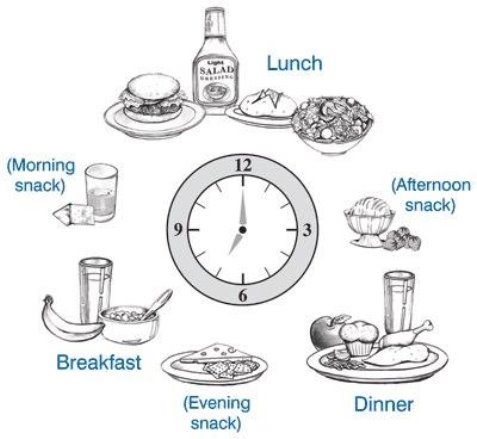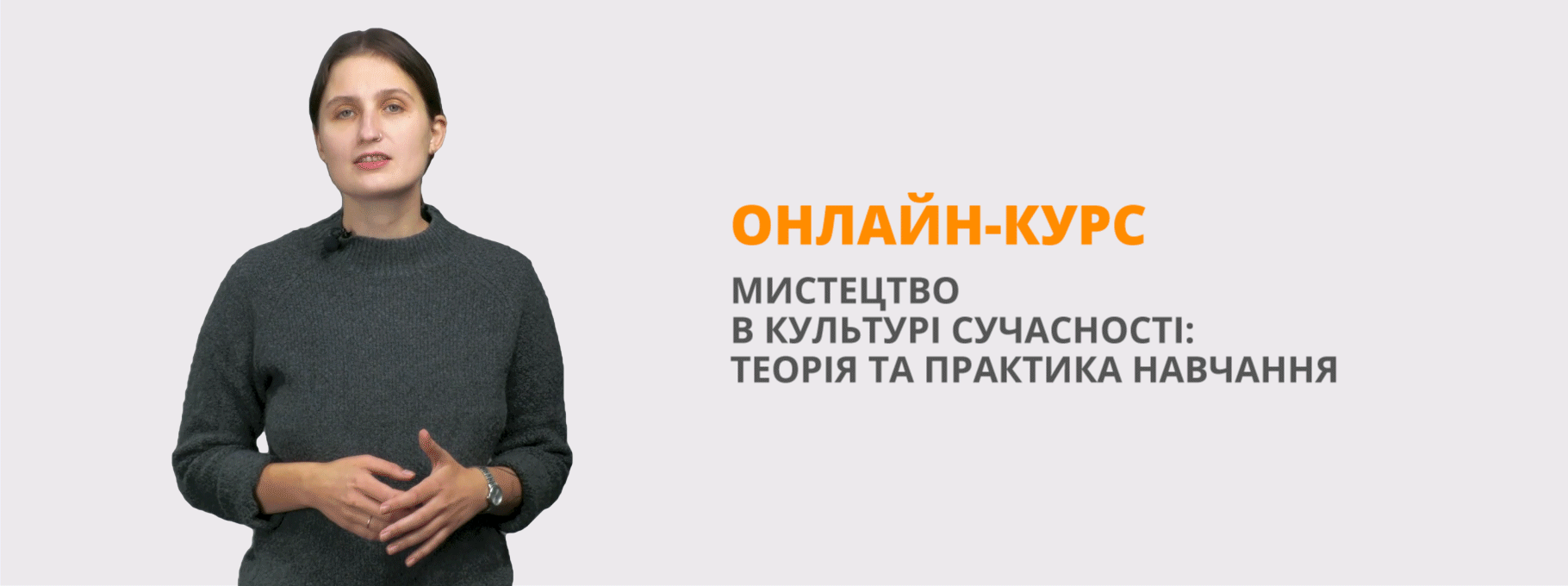Урок "Eating Out. Meals".
Урок підготовлено відповідно до авторської програми факультативного курсу з англійської мови “Social English Studies” ( “Навчання ситуативного спілкування” ) для учнів 6 класів загальноосвітніх навчальних закладів, укладеної за новим Державним стандартом ( I семестр), спрямований на навчання усного діалогічного мовлення в тематичних рамках.
Lesson 8. Eating Out
Meals

Тема: Обід в ресторані, кафе.
Підтема: Прийоми їжі.
Мета :
1. Освітня: ознайомити учнів з новою лексикою теми, активізувати ії.
2. Практична: оволодіти знаннями про особливості спілкування за сніданком, обідом, вечерею, манерами поведінки британців.
3. Розвиваюча: розвивати мовну здогадку, творче мислення, включати нові лексичні одиниці в мовленнєву ситуацію, розвивати навички діалогічного мовлення, а також техніку читання та аудіювання.
4. Виховна: виховувати повагу до звичаїв, традицій та етикету Великої Британії.
Обладнання: дошка, ноутбук, телевізор, картки з діалогами.
Хід заняття :
- Підготовка до сприйняття іншомовного мовлення.
- Привітання.
T: Good afternoon, students!
Ps: Good afternoon, teacher!
T: It’s a beautiful day, isn’t it?
Ps: Yes, it is.
T: Sit down, please.
- Повідомлення теми та мети.
T: And at today’s lesson you’ll learn how to use your vocabulary for ordering meals. By the end of the lesson you will know the eating out habits of the Englishmen, how to use the words of the topic, the cultural traditions and manners.
- Фонетична зарядка. Диск Lesson 3. “Jolly Phonics Phase Three”.
[qu] Tune: The Wheels on the Bus.
The duck in the pond quacks,”[qu]-[qu]-[qu]”,
”[qu]-[qu]-[qu]”, ”[qu]-[qu]-[qu]”.
The duck in the pond quacks,”[qu]-[qu]-[qu]”,
all around the pond.
[sh] Tune: Where, Oh Where, has My Little Dog Gone?
Hush! Hush! Hush! Don’t make a sound.
Be as quiet as you can be.
The baby’s asleep and I’m tired out.
Sh! [sh]-[sh]-[sh]-[sh]!
[er] Tune: The Wheels on the Bus.
The mixer in the bowl goes [er]-[er]-[er],
[er]-[er]-[er], [er]-[er]-[er].
The mixer in the bowl goes [er]-[er]-[er],
Mixing the food together.
- Уведення в іншомовну атмосферу.
T: Can you translate the proverbs?
• Live not to eat, but eat to live.
• Eat at pleasure, drink with measure.
• After dinner sit a while, after supper walk a mile.
- Основна частина уроку.
- Reading. Подання діалогу для читання.
T: The names of meals in Great Britain are: breakfast, lunch, dinner and supper. Breakfast in the morning may be cornflakes, taken with milk and sugar, bacon or ham with or without eggs, or some kind of fish. A toast of bread and butter with marmelade and a cup of tea or coffee is also a popular breakfast.
T: I want you to read the following dialogue and then act it out.
Ordering Breakfast
Waitress: Would you like to order now?
Phil: Yes, I’d like bacon and eggs with buttered toast. No jelly.
Waitress: What would you like to drink?
Phil: Do you have hot chocolate?
Waitress: Yes, we do.
Phil: Then, I’ll have a cup of hot chocolate.
Waitress: How do you want your eggs?
Phil: Over easy, please.
------------------------------------------------------------------------------------------
How do you want your eggs? = How do you want your eggs prepared?
Answer the questions on this dialogue:
- Why did Phil go to the restaurant? (to have his breakfast)
- What did he order for his breakfast? (bacon and eggs with buttered toast)
- Did he order a cup of hot chocolate or tea? ( a cup of hot chocolate)
- Was Phil alone or with his friends? (he was alone)
- Relaxation. Jazz chant. Let’s have Lunch.
Let’s have Lunch today.
OK. Let’s have lunch today.
OK.
Let’s have lunch. Let’s have lunch. Let’s have lunch today.
OK.
Let’s have dinner tonight.
All right. Let’s have dinner tonight.
All right. Let’s have dinner. Let’s have dinner. Let’s have dinner tonight.
All right.
- Reading. Подання діалогу для читання.
T: For dinner there’s always a main dish, usually consisting of meat or fish with potatoes and cooked vegetables. Lunch or supper is a lighter meal. Many families living in the north eat something like bread and butter with perhaps fried eggs or fried fish and tea in the evening.
What’s for dinner?
Mother: I wonder what should we have for dinner this evening?
Mona: Are you asking me?
Mother: Yes, I am. I really don’t feel much like cooking, but the family
must eat.
Mona: Well, you know me. I can always eat pizza or spaghetti.
Mother: So I’ve noticed. You’re putting on a little weight, aren’t you?
Mona: I know. Don’t remind me! I’m starting a new diet the day after
tomorrow.
Mother: It’s about time!
It’s about time! = It’s the right time (to begin)!
Translate the following sentences into English:
- Я завжди їм піцу чи спагеті.
- Ти поправляєшся.
- Я розпочну харчуватися по-новому післязавтра.
- Що ми маємо на обід сьогодні ввечері?
- Listening. Подання діалогу для прослуховування.
T: 5 o’clock tea. It is really one of the greatest British traditions. The British are proud of their delicious, lovely sharing food. English people usually drink tea with milk and this tea is called “English tea”.
1. Let’s watch and discuss the video “Best British Manners”. Диск Lesson 8. English Cream Tea Etiquette.
10 Tips of Etiquette.
- Napkin or serviette?
- Pouring the tea.
- Cup and saucer.
- No little fingure!
- Stirring your tea!
- Elbows off the table.
- Preparing your scone.
- Cream and jam, jam and cream.
- No burgers to be made!
- Enjoy your English Cream Tea.
2.Complete the sentences with the necessary words:
- The English usually drink tea with …
- When we sit at the table we don’t put our … on it.
- When the dinner table is high we take only … for drinking our tea.
- When we sit at the table we take … and put it on our knees.
- Reading. Подання діалогу для читання.
T: Please comment on the last words of the joke. What did A and B mean?
Tea
(Situation: A offers B a cup of tea.)
A: What’s about a drop of tea? (1)
B: I’d love a cup, thank you.
A: Isn’t it too strong?
B: Not when I drink it with milk. It’s just right.
A: How many lumps of sugar?
B: Just one, thanks.
A: Are you afraid of putting on weight?
B: Well, one has to be careful?
- Or: How about a spot of tea?
(The English Way, p.21)
- Communicative situations.
T: Make up your own dialogues in pairs. One person asks the questions and the other answers them.
- You discuss with your friends the menu and choose dishes and drinks at a restaurant.
- You are treating your guests to the dishes that you have cooked yourself.
- You describe your meals to your friend.
( English for Everyday Communication, p. 131)
3. Заключна частина уроку.
1). T: Put down your homework. Make up a dialogue on the theme of our lesson.
2). T: Today we spoke about ordering meals, British traditions and manners. I hope you liked it.
Creative job. Remarkable. Wow.
The lesson is over. You may have a rest.


про публікацію авторської розробки
Додати розробку
